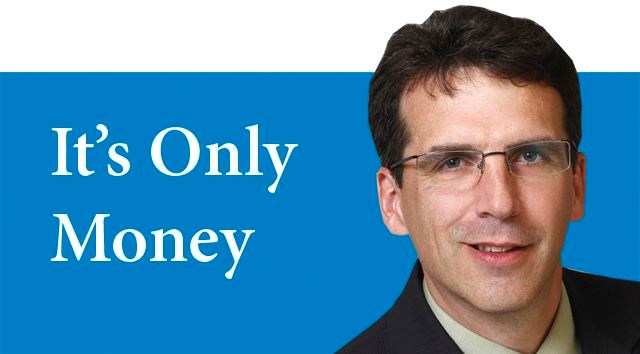This column is a revised version from a column that originally ran on Dec. 11, 2014.
As a young teenage hockey player I always looked forward to playing against the posh private Winter Club team whose arena was nestled in West Vancouver, amongst some of the most expensive residential real estate in Canada. I played for a rep team out of Burnaby Minor, a working class community arena.
In fact, my best friend was on the Winter Club team. I was well aware that his parents (a firefighter and a nurse) found the membership fees a stretch, but they sacrificed for his future.
My friend's mom didn't seem to fit in with the crowd in the member's lounge, so she sat completely alone in a cold section of the bleachers, her penetrating voice cheering on her son's team with shrill effect that threatened to break glass.
In elementary school her son and I spent so much time together that we were often confused as brothers, so with this familiarity in mind I shouted a retort toward her during a stoppage in play - an attempt at good humour: "Hey lady, why don't you just shuuuuuut up?"
She had the stage. Both teams, and all the parents watched as she stood up, looked directly at me, and gave me the unmistakable one-finger salute, shouting even louder: "Hey Ryan, why don't you just @#$%^&*! (censored)."
We won the game 3-1. Although the other team was skilled, and actually fairly tough, they responded poorly to our agitating style and spent too much time in the penalty box as a result.
Children of families with money
This is not to suggest for one moment that children of successful parents are lesser athletes. However, they do face unique challenges which often rub against the experience of their own parents like a re-occurring rash.
An accountant, son of a wealthy businessman, looked at his father in dismay and wondered how he could keep track of his business affairs by stuffing invoices and receipts into a shoe box. "Dad, how do even you have a clue what your profit is?"
"Son," replied the businessman, "when I got off the boat, I had only the pants I was wearing, no shirt, no shoes, not a penny in my pocket.
Today your sister is an art teacher, your brother is a doctor, and you're an accountant. I have a car, a home and a good business. Everything is paid for. So you add it all up, subtract the pants, and there's my profit."
Thanks to the hard work of his parents, the son was likely never barefoot, bare-chested, and penniless.
If the journey from poverty to wealth was a character-building exercise for his parents, it might well be an opaque mystery to him.
As noted in The Journal of Practical Estate Planning, the growth and development of a young person in a family with substantial wealth poses special challenges:
Parents may be conflicted, or unclear about what they want from their kids.
Parents want their children to be independent, but they also want them to benefit from the family's success; they want their children to be responsible, but they also want them to have the best; they want them to continue the family legacy, but also to build their own; they want them to live well, but also to be frugal and restrained.
Here are some ideas for teaching your children about money:
Childhood to pre-teens - the basics
• Talk in family settings about the work involved earning money.
• Share money values by sharing work opportunities at a young age.
• Encourage saving, charitable giving, moderate personal spending.
• Avoid lavish gifts which may give them a false sense of entitlement regarding family assets.
Late teens to young adulthood - developing a healthy money identity
• Help them develop personal sense of who they are and what they want to accomplish in life. Self esteem is built by achievement. Entitlement is something like the opposite of achievement.
• Encourage a healthy attitude about leaving the nest.
• Allow them to make mistakes with their own money and suffer the consequences.
Adulthood - encountering the family enterprise
• Help them become a family citizen by participating in activities which develop family connection.
• Consider their role in the family enterprise, exploring employment options in and out of family projects.
• Eventually consider engaging them in a succession dialogue.
Mark Ryan is an advisor with RBC Wealth Management, Dominion Securities (member CIPF) and can be reached at [email protected].



